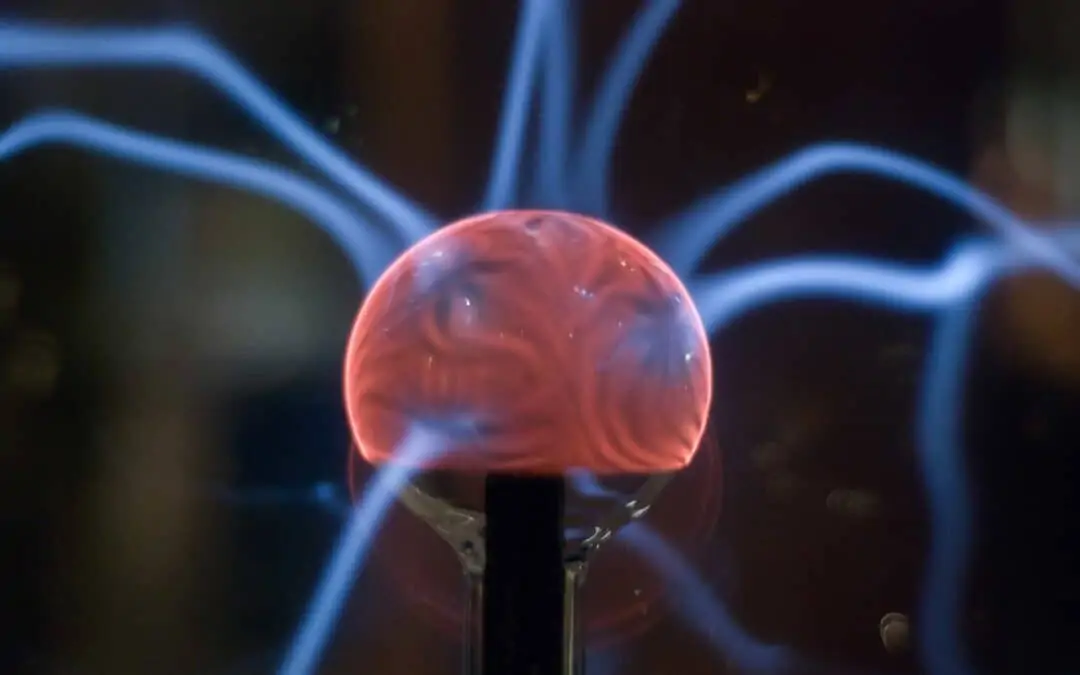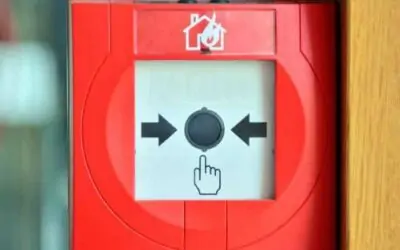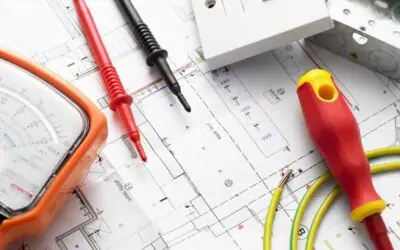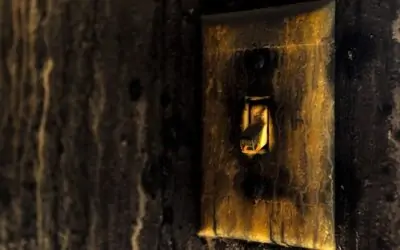We use electricity every single day—here’s what you should know to stay safe.
The number one rule with power lines is to not touch them. Let the professionals take care of these potential killers. If you hear someone spouting the myths below, set them straight with these tips from NYSEG, Indiana Electric Cooperatives, and electricity experts.
“Power lines are insulated”
90% of the UK’s powerlines are not insulated, and even those that could have lost insulation from a recent bad storm. This means that they are never safe to touch for humans. You may see birds sitting on powerlines, but they don’t get electrocuted because they don’t complete the path to the ground.
“The line is safe because it’s not high voltage”
This is one of the biggest myths going around, and it’s not the voltage that will kill you. It’s the amperage that will take your life. It only takes one amp to cause life-threatening heart irregularities. The average house in the UK has around 60-100 Amps running through it.
“A fallen wire will shut off”
No, it won’t. If it falls on a poor conductor, like asphalt, the wire will not short circuit. Always stay at least 20 feet away from a downed line. It could still be live, even if it doesn’t produce sparks. Which brings us to the next myth…
“A live wire will make sparks when it falls”
This is not always true. The fallen or damaged power line will spark if it doesn’t make complete contact. It will not spark or make noise, potentially making it even more dangerous to anyone who believes otherwise.
“Wood is not a conductor”
False. Wood is just a poor conductor, but wet wood is much better, so be careful around any wood that could have been energized.
“Rubber gloves and rubber shoes insulate”
Only if they are 100% pure rubber, since your typical cleaning gloves and shoes are mixed with cheaper materials, they can be conductors. Don’t expect them to protect you from potential electrocution.
“If you turn something off, it won’t be using any energy”
There is only one exception to this and that is if an item has a “standby” mode, which generally consumes zero electricity when it’s turned off, according to Michael Bluejay, aka Mr Electricity. “Other devices can continue to use a little energy when you switch them off because they’re not really off,” he continues. “However, with the exception of devices like DVRs and cable TV boxes, devices that use standby power use just a trifling amount of standby power.”
“It saves energy to keep lights on rather than turning them off then back on”
If you’ve ever heard someone saying that it saves money to keep the lights on all the time rather than suffering from the “startup penalty” of turning them on after they’ve been shut off, you can now officially debunk that myth. “In practical terms, there isn’t any such startup penalty,” says Bluejay. “You always save energy by turning the lights off.”
“Household currents aren’t strong enough to kill”
As much as we’d like to think that the electricity in our homes isn’t dangerous, it is. Household electricity has killed people before, and of course, is especially dangerous with water.
If you require an electrical contractor in London then contact us today. You can read of our blog posts by clicking here
Some Of Our Recent Articles
Maximize Business Safety and Efficiency with Expert Electrical Contractors!
Electrical safety is crucial for the well-being of your employees, the integrity of your building, and the financial stability of your business. As a result, employing a highly skilled and experienced commercial electrician from FBS Electrical is one of the best...
Fire Safety in a Workplace
Fire safety is a vital concern for any business. A fire can have disastrous consequences for both the company and its staff, including smoke inhalation, psychological trauma, serious burns, and even loss of life. Property damage can also occur, causing building...
What to know about Access Control Systems
Access control systems are a type of security system which are designed to control access to buildings or areas through a network. They recognise and authenticate in various ways such as cards, fingerprint scanners and codes just to name a few. This gives your...
We’ve Got Our Chas Accreditation
FBS Electrical Services has further strengthened its commitment to its high health and safety standards by gaining the very respectful CHAS (Contractors Health and Safety Assessment Scheme) accreditation. This certification shows that we have demonstrated compliance...
A Simple Guide To UK Fire Safety Legislation In 2020
UK fire alarm regulations can feel less than straightforward if you’re not a fire safety professional. Below, we provide a simple guide to the latest UK fire alarm legislation. Fire alarm regulations form part of ‘The Regulatory Reform (Fire Safety) Order 2005’,...
Commercial Electrical Contractors In London (Why Use Us For Your Commercial Work)
Are you searching for a reliable and competent commercial electrical contractor in London? Do you want quality products and exceptional customer service? Well, if you have asked any of these questions, then you have come to the right place! We all know that the value...
The Dangers of Static Electricity
Everyone remembers being taught in primary school about static electricity, rubbing a balloon on your jumper and then making your hair stand up. We can all admit it was fun, just as fun as rubbing your feet on a rug and then touching a friend to deliver a small static...
The Best Recommended Lux Levels For All Environments
When we think about light levels for an application, we are typically talking about foot candles or lux. What this is, is the amount of light at a specific plane. Foot candles and lux are completely different calculations but provide the same information. For example,...
Signs Your Light Switch is Beginning to Break
Most people just like you probably don’t pay to much attention to the light switches in your home. While a lot of these will last for decades without any issues (apart from needing to be cleaned) there are a few things that you need to watch out for. After all,...
Why you need an RCD fitted!
Not everyone understands the world of electricity, we don’t blame you if you don’t know anything about RCD’s and how essential they are to keep your family and employees safe. In this blog we are going to explain and help make sure you can be as safe as possible in...























